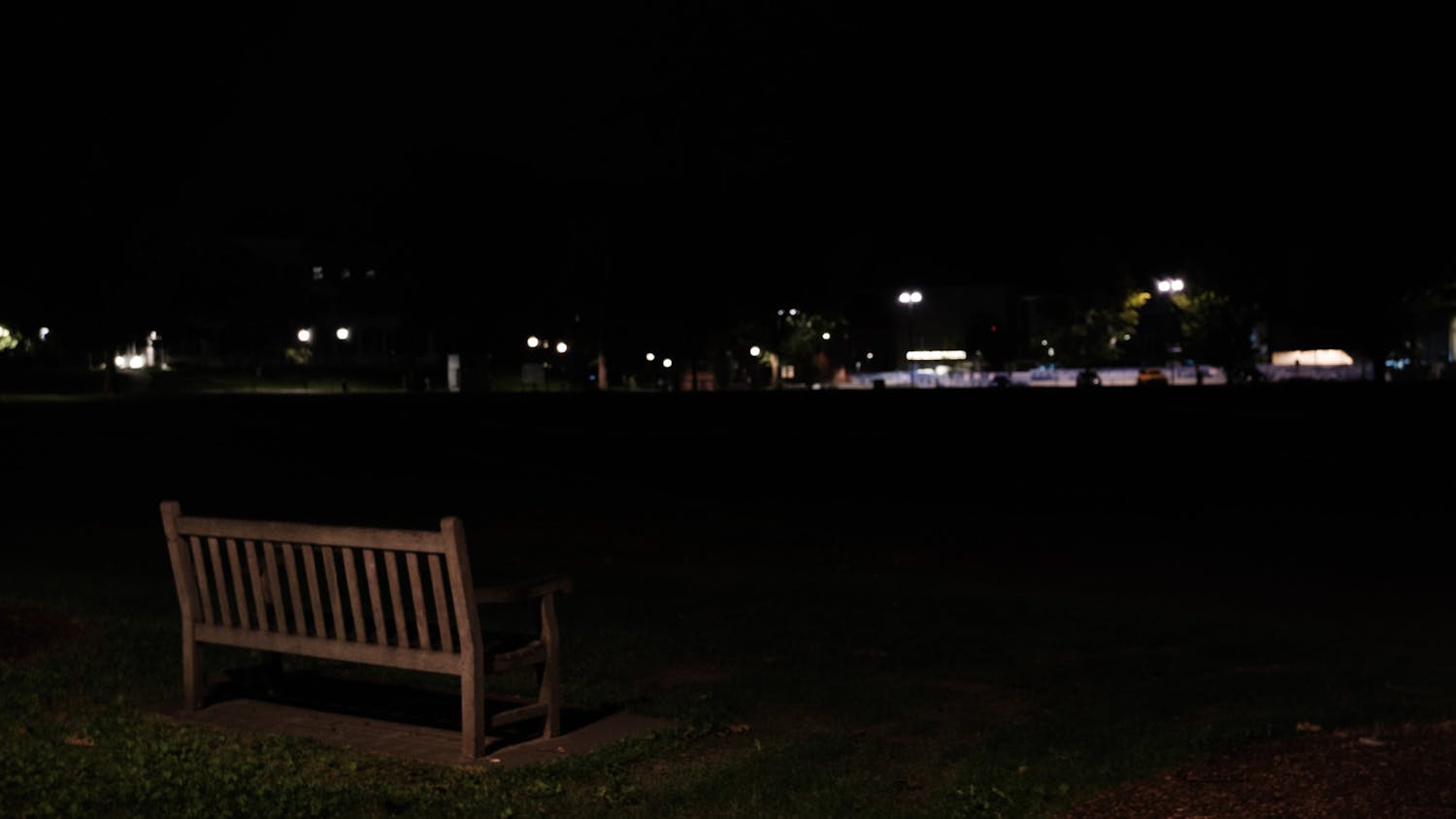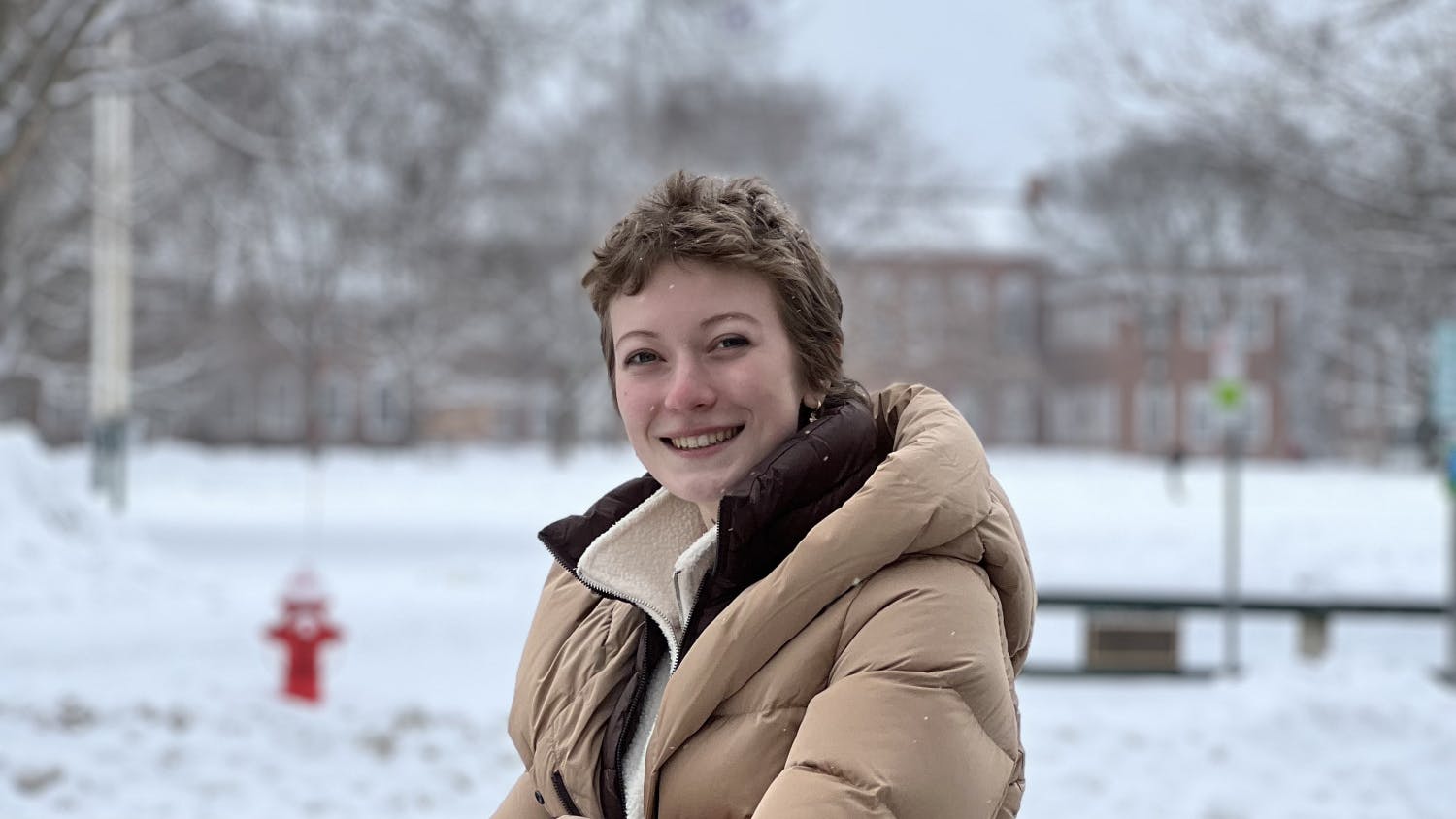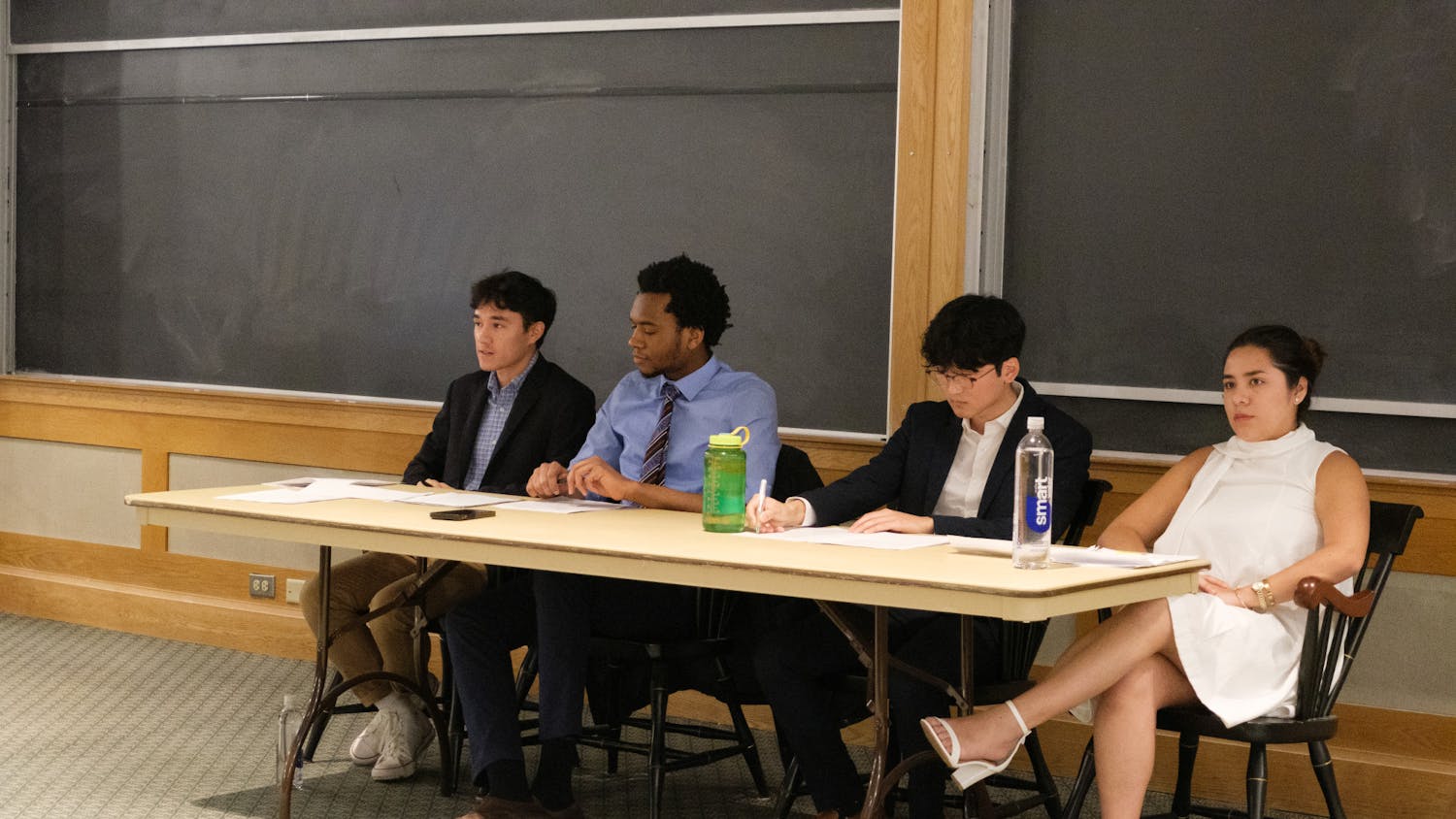Complaints of racial profiling and unfair treatment by Safety and Security and the Hanover Police Department have come out from Dartmouth's minority communities in recent weeks.
Lambda Upsilon Lambda fraternity, an organization dedicated to service of the Latino community, organized a panel discussion on this topic Wednesday night. The panel provided an opportunity to raise questions about racial profiling and how members of Dartmouth's Safety and Security and Hanover Police conduct themselves. The panel included the President of LUL, Dean of Pluralism and Leadership Tommy Lee Woon, Hanover Police Captain Frank Moran and College Proctor Harry Kinne. Several members of the Hanover Police department, including Chief Nicholas Giaccone, were in attendance. Attendance by other members of the Dartmouth community was relatively low, with a crowd of roughly 20 people.
Just over 89 percent of people between the ages of 18 to 24 arrested by Hanover Police for alcohol-related issues last year were described as white, according to police department records.
Hanover Police arrested 215 18 to 24 year-olds last year for liquor-law violations. In this classification, 143 were white males and 49 were white females. Furthermore, three black males were arrested, five black females, six Asian males and five Asian females. Two American Indian females were also arrested, as were a pair of Hispanic males.
About 30 percent of the Class of 2009 identified themselves as students of color, a percentage similar to that of years past. Alcohol arrests for 18 to 24 year-olds of color made up about 10 percent of the total number of arrests. Since not all of these arrests were Dartmouth students, the numbers are slightly skewed by the demographics of Hanover.
After presenting these statistics, the panel fielded questions about particular incidents where students felt that they had been treated unfairly. While no admission of wrongdoing or complete justification for behaviors was made, the officers present illuminated the process of making arrests.
"Even if the order is not lawful, the [arrested] person does not have the right to fight that out on the street," Giaccone said.
Moran explained that, while officers are highly trained, there are sometimes complaints that they have not dealt with suspects fairly. He urged students who feel that they were treated poorly by officers to make their feelings known. All five department squad cars are equipped with video cameras that allow the police to substantiate claims of wrongdoing and then take appropriate action. While no Hanover Police officers have been terminated in recent years for the use of excessive force, reprimands have been issued, according to Giaccone.
Hanover police was not the only subject of criticism at the discussion. Dartmouth Safety and Security's "picking up" of students was also questioned. While demographics on the number of students brought to Dick's House by Safety and Security are not available, 75 percent of people brought to Dick's House last year had a blood alcohol content of over .15 percent. However, last year 40 people were sent from Dick's House to Dartmouth-Hitchcock Medical Center because of BACs over .3 or BACs that rose quickly after admission to Dick's House.
"We probably dodge a bullet just about every weekend," Kinne said in reference to the danger of intoxicated students.



